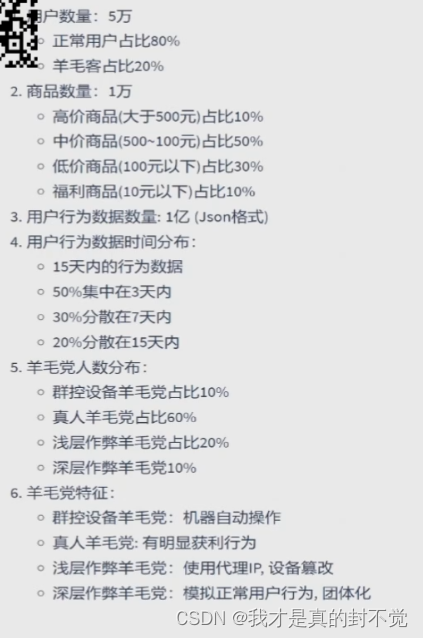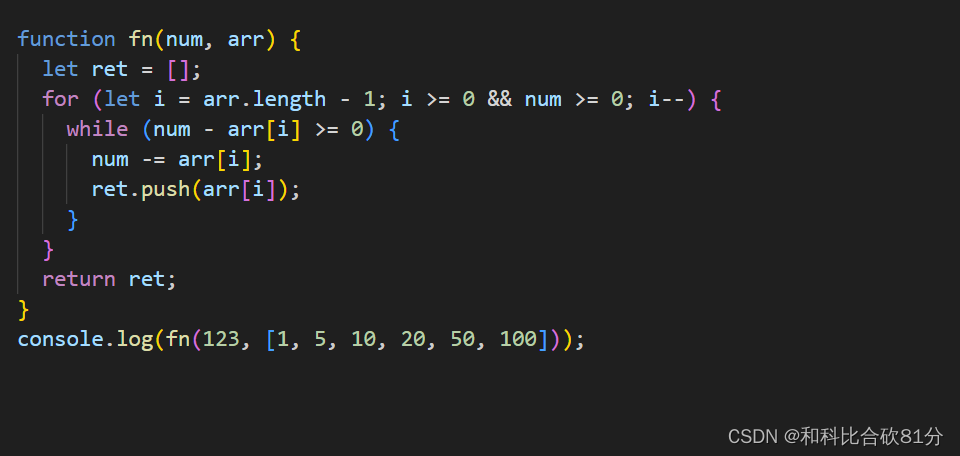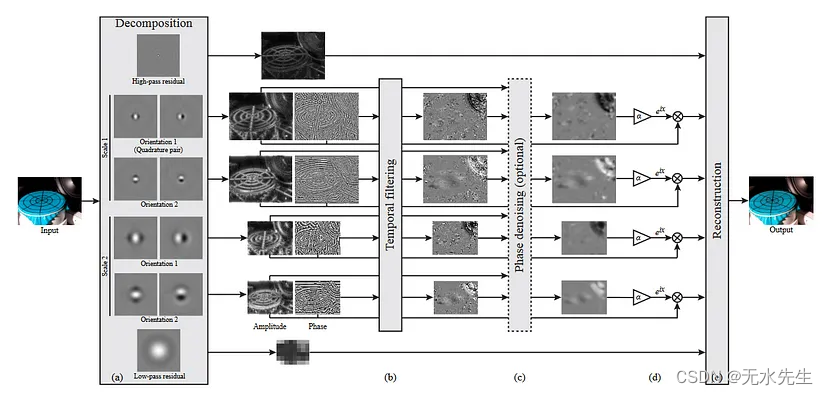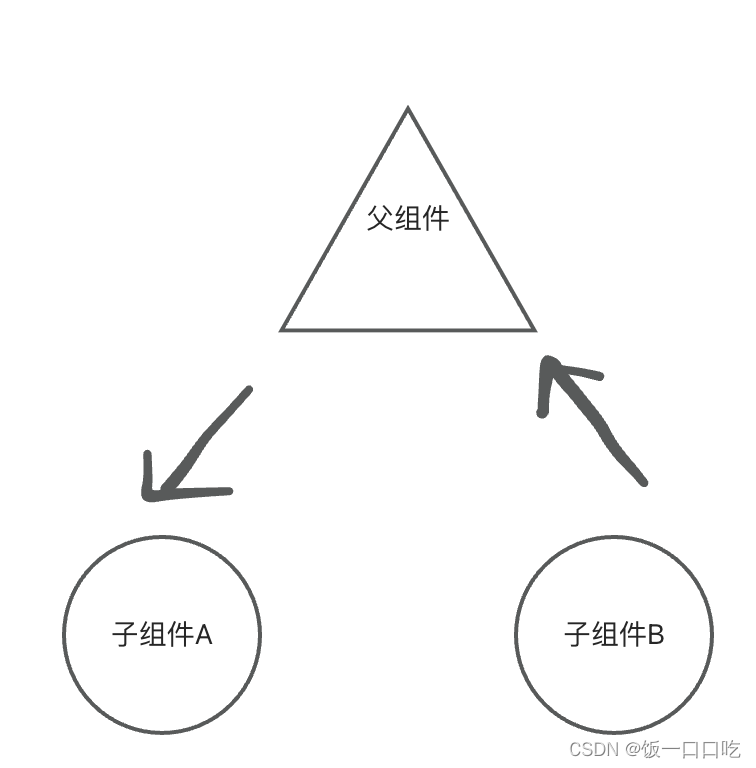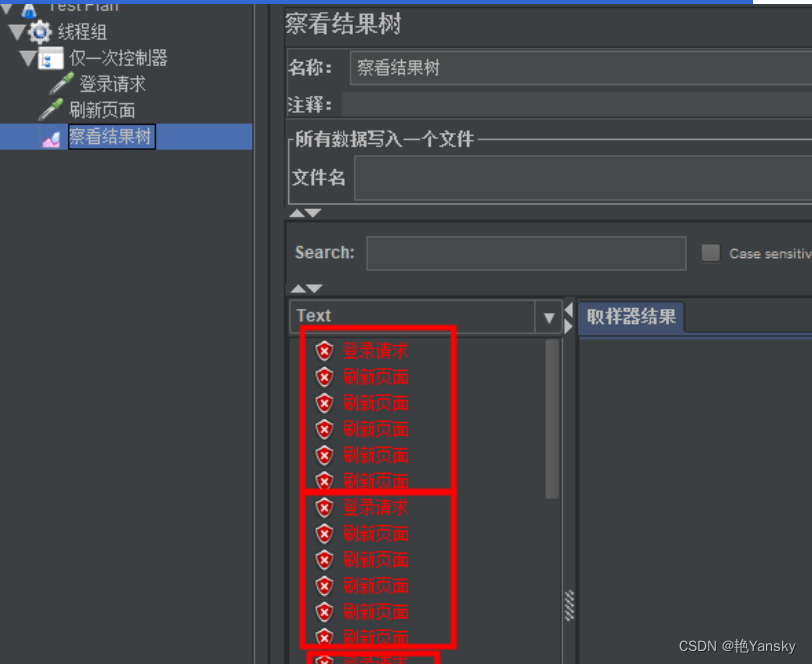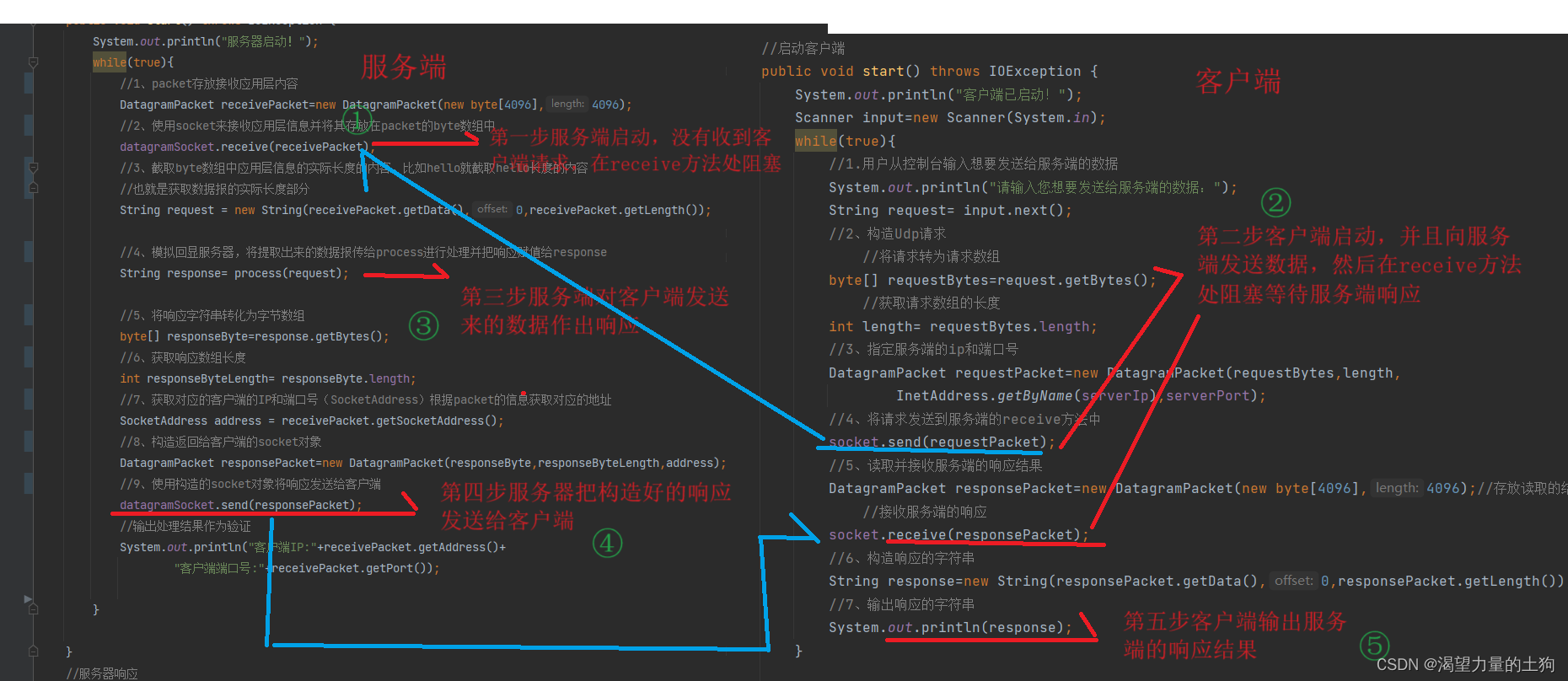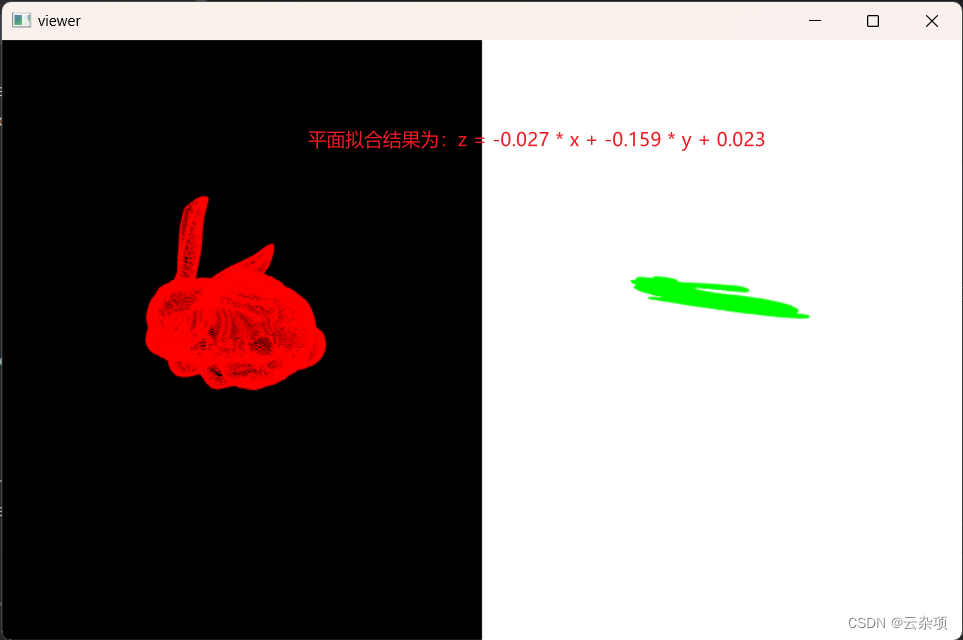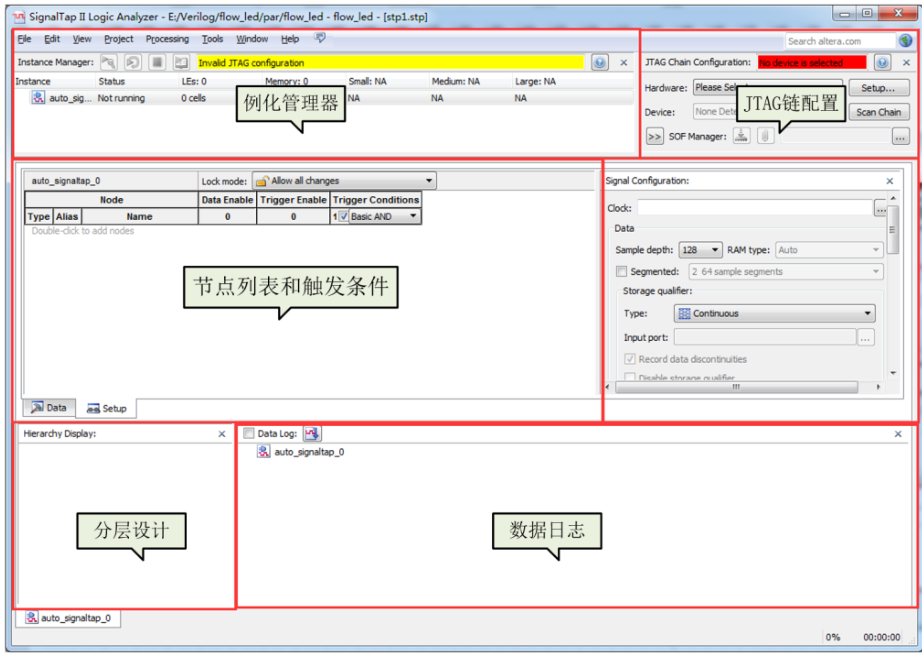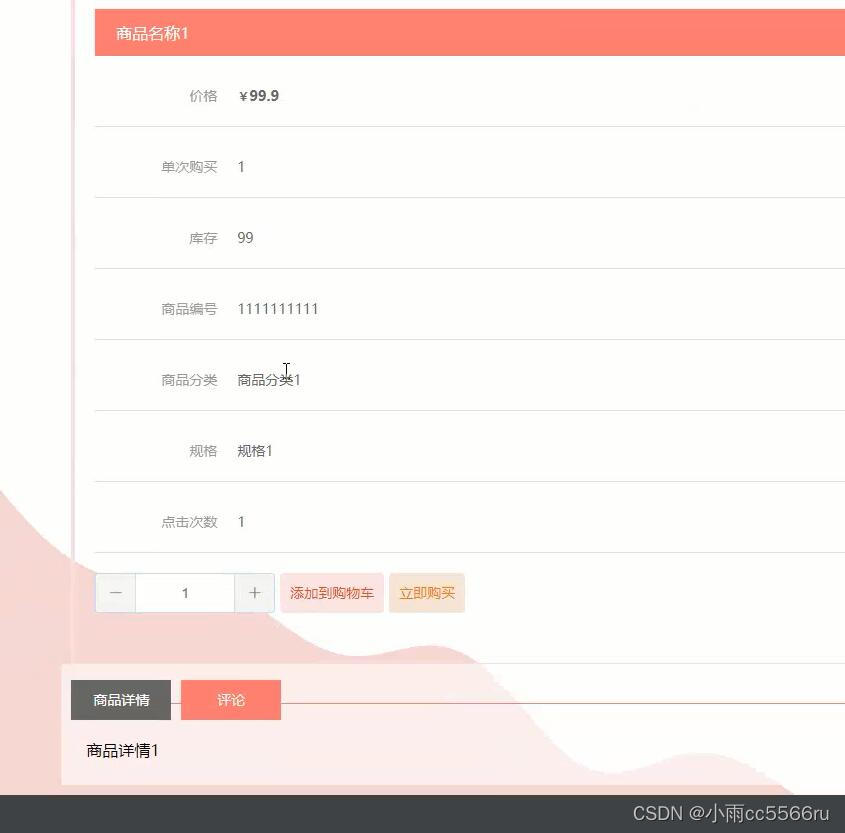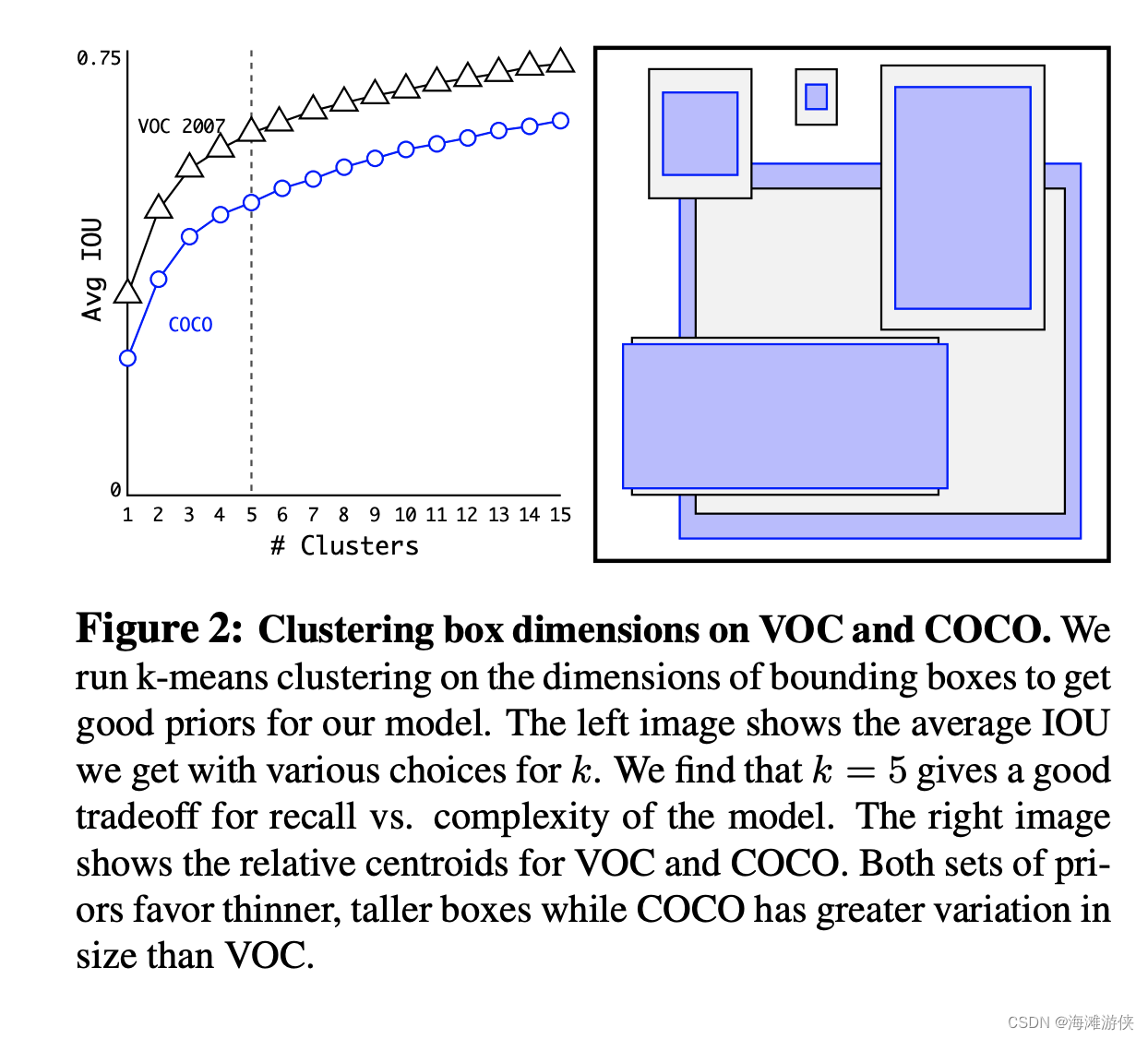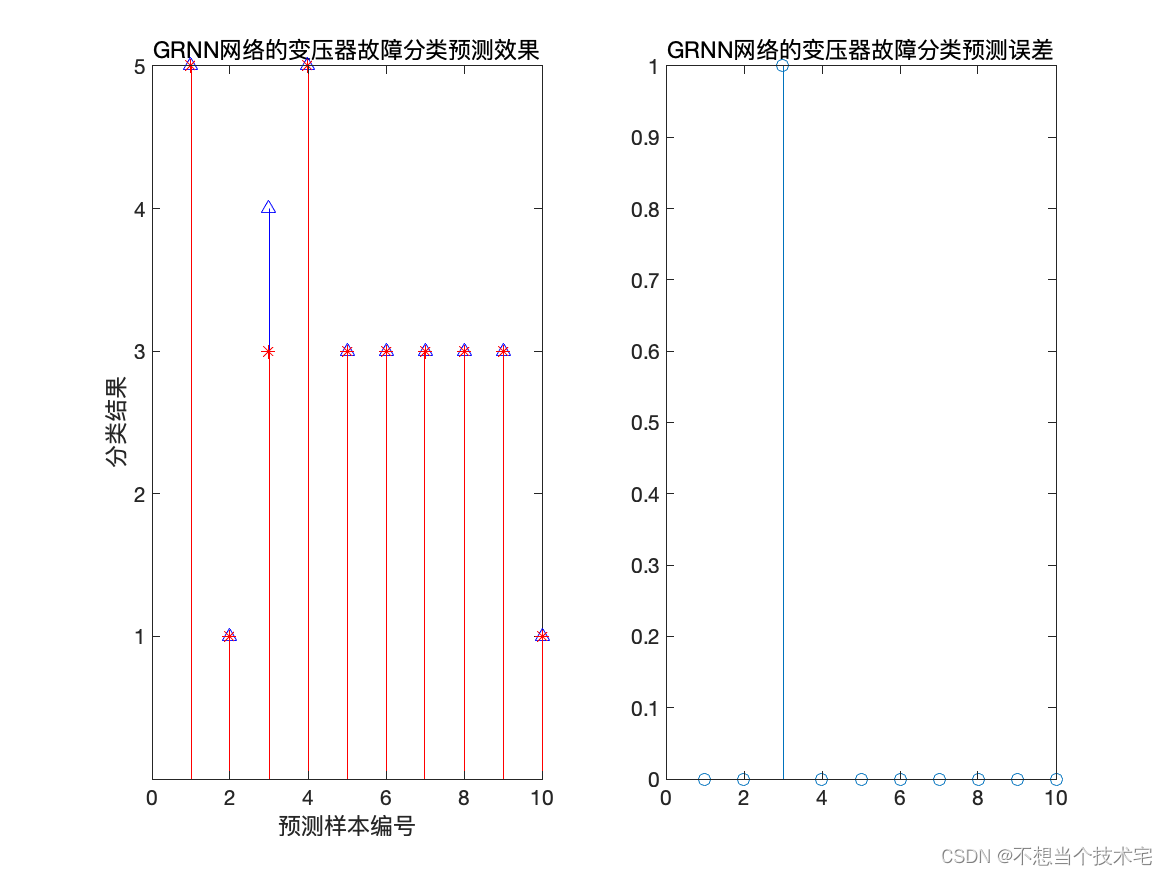最简单的基于 FFmpeg 的视音频分离器
- 最简单的基于 FFmpeg 的视音频分离器
- 正文
- 结果
- 工程文件下载
- 参考链接
最简单的基于 FFmpeg 的视音频分离器
参考雷霄骅博士的文章,链接:最简单的基于FFmpeg的封装格式处理:视音频分离器(demuxer)
正文
本文介绍一个视音频分离器(Demuxer)。
视音频分离器即是将封装格式数据(例如 MKV)中的视频压缩数据(例如 H.264)和音频压缩数据(例如 AAC)分离开,如下图所示。
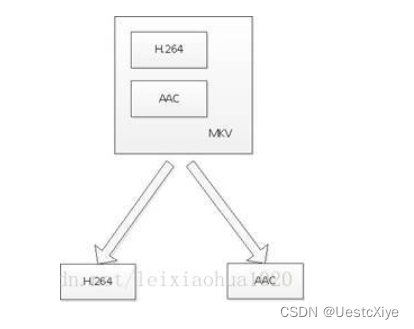
在这个过程中并不涉及到编码和解码。
本文记录的程序将一个 MPEG2TS 封装的文件(其中视频编码为 H.264,音频编码为 MP3)分离成为两个文件:一个 H.264 编码的视频码流文件,一个 MP3 编码的音频码流文件。
前一篇文章中,记录一个简单版的视音频分离器:最简单的基于 FFmpeg 的视音频分离器 - 简化版。
相比于前一篇文中的分离器,本篇文章记录的分离器复杂了很多。相比于简单版的分离器,学习的难度大了一些。但是该分离器可以很好地处理 FFmpeg 支持的各种格式(例如分离 AAC 音频流),拥有更好的实用性。
程序的流程如下图所示:

从流程图中可以看出,一共初始化了 3 个 AVFormatContext,其中 1 个用于输入,另外 2 个分别用于视频输出和音频输出。3 个 AVFormatContext 初始化之后,通过 avcodec_copy_context() 函数可以将输入视频/音频的参数拷贝至输出视频/音频的 AVCodecContext 结构体。最后,通过 av_read_frame() 获取 AVPacket,根据 AVPacket 类型的不同,分别使用 av_interleaved_write_frame() 写入不同的输出文件中即可。
对于某些封装格式(例如 MP4/FLV/MKV 等)中的 H.264,需要用到名称为“h264_mp4toannexb”的 bitstream filter。这一点在前一篇文章《最简单的基于 FFmpeg 的视音频分离器 - 简化版》中,已经有过详细叙述,这里不再重复。
简单介绍一下流程中各个重要函数的意义:
- avformat_open_input():打开输入文件。
- avcodec_copy_context():赋值 AVCodecContext 的参数。
- avformat_alloc_output_context2():初始化输出文件。
- avio_open():打开输出文件。
- avformat_write_header():写入文件头。
- av_read_frame():从输入文件读取一个 AVPacket。
- av_interleaved_write_frame():写入一个 AVPacket 到输出文件。
- av_write_trailer():写入文件尾。
源程序:
// Simplest FFmpeg Demuxer.cpp : 定义控制台应用程序的入口点。
//
/**
* 最简单的基于 FFmpeg 的视音频分离器
* Simplest FFmpeg Demuxer
*
* 源程序:
* 雷霄骅 Lei Xiaohua
* leixiaohua1020@126.com
* 中国传媒大学/数字电视技术
* Communication University of China / Digital TV Technology
* http://blog.csdn.net/leixiaohua1020
*
* 修改:
* 刘文晨 Liu Wenchen
* 812288728@qq.com
* 电子科技大学/电子信息
* University of Electronic Science and Technology of China / Electronic and Information Science
* https://blog.csdn.net/ProgramNovice
*
* 本程序可以将封装格式中的视频码流数据和音频码流数据分离出来。
* 在该例子中, 将 MPEG2TS 的文件分离得到 H.264 视频码流文件和 AAC 音频码流文件。
*
* This software split a media file (in Container such as
* MKV, FLV, AVI...) to video and audio bitstream.
* In this example, it demux a MPEG2TS file to H.264 bitstream and AAC bitstream.
*/
#include "stdafx.h"
#include <stdio.h>
#include <stdlib.h>
// 解决报错:'fopen': This function or variable may be unsafe.Consider using fopen_s instead.
#pragma warning(disable:4996)
// 解决报错:无法解析的外部符号 __imp__fprintf,该符号在函数 _ShowError 中被引用
#pragma comment(lib, "legacy_stdio_definitions.lib")
extern "C"
{
// 解决报错:无法解析的外部符号 __imp____iob_func,该符号在函数 _ShowError 中被引用
FILE __iob_func[3] = { *stdin, *stdout, *stderr };
}
#define __STDC_CONSTANT_MACROS
#ifdef _WIN32
// Windows
extern "C"
{
#include "libavformat/avformat.h"
};
#else
// Linux...
#ifdef __cplusplus
extern "C"
{
#endif
#include <libavformat/avformat.h>
#ifdef __cplusplus
};
#endif
#endif
/*
FIX: H.264 in some container formats (FLV, MP4, MKV etc.)
need "h264_mp4toannexb" bitstream filter (BSF).
1. Add SPS,PPS in front of IDR frame
2. Add start code ("0,0,0,1") in front of NALU
H.264 in some containers (such as MPEG2TS) doesn't need this BSF.
*/
// 1: Use H.264 Bitstream Filter
#define USE_H264BSF 0
int main(int argc, char* argv[])
{
AVOutputFormat *ofmt_audio = NULL, *ofmt_video = NULL;
// Input AVFormatContext
AVFormatContext *ifmt_ctx = NULL;
// Output AVFormatContext
AVFormatContext *ofmt_ctx_audio = NULL, *ofmt_ctx_video = NULL;
AVPacket pkt;
int ret;
int videoindex = -1, audioindex = -1;
int frame_index = 0;
// Input file URL
const char *in_filename = "cuc_ieschool.ts";
// Output video file URL
const char *out_video_filename = "cuc_ieschool.h264";
// Output audio file URL
const char *out_audio_filename = "cuc_ieschool.aac";
av_register_all();
// 输入
ret = avformat_open_input(&ifmt_ctx, in_filename, 0, 0);
if (ret < 0)
{
printf("Could not open input file.\n");
goto end;
}
ret = avformat_find_stream_info(ifmt_ctx, 0);
if (ret < 0)
{
printf("Failed to retrieve input stream information.\n");
goto end;
}
// 输出
avformat_alloc_output_context2(&ofmt_ctx_video, NULL, NULL, out_video_filename);
if (ofmt_ctx_video == NULL)
{
printf("Could not create output video context.\n");
ret = AVERROR_UNKNOWN;
goto end;
}
ofmt_video = ofmt_ctx_video->oformat;
avformat_alloc_output_context2(&ofmt_ctx_audio, NULL, NULL, out_audio_filename);
if (ofmt_ctx_audio == NULL)
{
printf("Could not create output audio context.\n");
ret = AVERROR_UNKNOWN;
goto end;
}
ofmt_audio = ofmt_ctx_audio->oformat;
// Print some input information
printf("\n============== Input Video =============\n");
av_dump_format(ifmt_ctx, 0, in_filename, 0);
for (size_t i = 0; i < ifmt_ctx->nb_streams; i++)
{
// Create output AVStream according to input AVStream
AVFormatContext *ofmt_ctx;
AVStream *in_stream = ifmt_ctx->streams[i];
AVStream *out_stream = NULL;
if (ifmt_ctx->streams[i]->codec->codec_type == AVMEDIA_TYPE_VIDEO)
{
videoindex = i;
out_stream = avformat_new_stream(ofmt_ctx_video, in_stream->codec->codec);
ofmt_ctx = ofmt_ctx_video;
}
else if (ifmt_ctx->streams[i]->codec->codec_type == AVMEDIA_TYPE_AUDIO)
{
audioindex = i;
out_stream = avformat_new_stream(ofmt_ctx_audio, in_stream->codec->codec);
ofmt_ctx = ofmt_ctx_audio;
}
else
break;
if (out_stream == NULL)
{
printf("Failed allocating output stream.\n");
ret = AVERROR_UNKNOWN;
goto end;
}
// Copy the settings of AVCodecContext
ret = avcodec_copy_context(out_stream->codec, in_stream->codec);
if (ret < 0)
{
printf("Failed to copy context from input to output stream codec context.\n");
goto end;
}
out_stream->codec->codec_tag = 0;
if (ofmt_ctx->oformat->flags & AVFMT_GLOBALHEADER)
{
out_stream->codec->flags |= CODEC_FLAG_GLOBAL_HEADER;
}
}
// // Print some output information
printf("\n============== Output Video ============\n");
av_dump_format(ofmt_ctx_video, 0, out_video_filename, 1);
printf("\n============== Output Audio ============\n");
av_dump_format(ofmt_ctx_audio, 0, out_audio_filename, 1);
// Open output file
if (!(ofmt_video->flags & AVFMT_NOFILE))
{
ret = avio_open(&ofmt_ctx_video->pb, out_video_filename, AVIO_FLAG_WRITE);
if (ret < 0)
{
printf("Could not open output file '%s'.\n", out_video_filename);
goto end;
}
}
if (!(ofmt_audio->flags & AVFMT_NOFILE))
{
ret = avio_open(&ofmt_ctx_audio->pb, out_audio_filename, AVIO_FLAG_WRITE);
if (ret < 0)
{
printf("Could not open output file '%s'.\n", out_audio_filename);
goto end;
}
}
// Write file header
ret = avformat_write_header(ofmt_ctx_video, NULL);
if (ret < 0)
{
printf("Error occurred when opening video output file.\n");
goto end;
}
ret = avformat_write_header(ofmt_ctx_audio, NULL);
if (ret < 0)
{
printf("Error occurred when opening audio output file.\n");
goto end;
}
#if USE_H264BSF
AVBitStreamFilterContext* h264bsfc = av_bitstream_filter_init("h264_mp4toannexb");
#endif
while (1)
{
AVFormatContext *ofmt_ctx;
AVStream *in_stream, *out_stream;
// 获取一个 AVPacket
ret = av_read_frame(ifmt_ctx, &pkt);
if (ret < 0)
{
break;
}
in_stream = ifmt_ctx->streams[pkt.stream_index];
if (pkt.stream_index == videoindex)
{
out_stream = ofmt_ctx_video->streams[0];
ofmt_ctx = ofmt_ctx_video;
printf("Write a video packet. size:%d\tpts:%lld\n", pkt.size, pkt.pts);
#if USE_H264BSF
av_bitstream_filter_filter(h264bsfc, ifmt_ctx->streams[videoindex]->codec, NULL, &pkt.data, &pkt.size, pkt.data, pkt.size, 0);
#endif
}
else if (pkt.stream_index == audioindex)
{
out_stream = ofmt_ctx_audio->streams[0];
ofmt_ctx = ofmt_ctx_audio;
printf("Write an audio packet. size:%d\tpts:%lld\n", pkt.size, pkt.pts);
}
else
continue;
// 转换 PTS/DTS
pkt.pts = av_rescale_q_rnd(pkt.pts, in_stream->time_base,
out_stream->time_base, (AVRounding)(AV_ROUND_NEAR_INF | AV_ROUND_PASS_MINMAX));
pkt.dts = av_rescale_q_rnd(pkt.dts, in_stream->time_base,
out_stream->time_base, (AVRounding)(AV_ROUND_NEAR_INF | AV_ROUND_PASS_MINMAX));
pkt.duration = av_rescale_q(pkt.duration, in_stream->time_base, out_stream->time_base);
pkt.pos = -1;
pkt.stream_index = 0;
// Write
ret = av_interleaved_write_frame(ofmt_ctx, &pkt);
if (ret < 0)
{
printf("Error muxing packet.\n");
break;
}
printf("Write %8d frames to output file.\n", frame_index);
av_free_packet(&pkt);
frame_index++;
}
#if USE_H264BSF
av_bitstream_filter_close(h264bsfc);
#endif
av_write_trailer(ofmt_ctx_audio);
av_write_trailer(ofmt_ctx_video);
end:
// Close input
avformat_close_input(&ifmt_ctx);
// Close output
if (ofmt_ctx_audio && !(ofmt_audio->flags & AVFMT_NOFILE))
{
avio_close(ofmt_ctx_audio->pb);
}
if (ofmt_ctx_video && !(ofmt_video->flags & AVFMT_NOFILE))
{
avio_close(ofmt_ctx_video->pb);
}
avformat_free_context(ofmt_ctx_audio);
avformat_free_context(ofmt_ctx_video);
if (ret < 0 && ret != AVERROR_EOF)
{
printf("Error occurred.\n");
return -1;
}
system("pause");
return 0;
}
结果
运行程序,输出如下:

输入文件为:
cuc_ieschool.ts:MPEG2TS 封装格式数据。
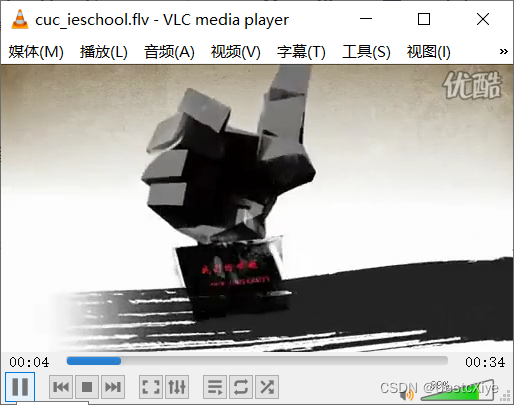
输出文件为:
cuc_ieschool.aac:AAC 音频码流数据。

cuc_ieschool.h264:H.264 视频码流数据。


工程文件下载
GitHub:UestcXiye / Simplest-FFmpeg-Demuxer
CSDN:Simplest FFmpeg Demuxer.zip
参考链接
- 最简单的基于 FFmpeg 的视音频分离器 - 简化版

